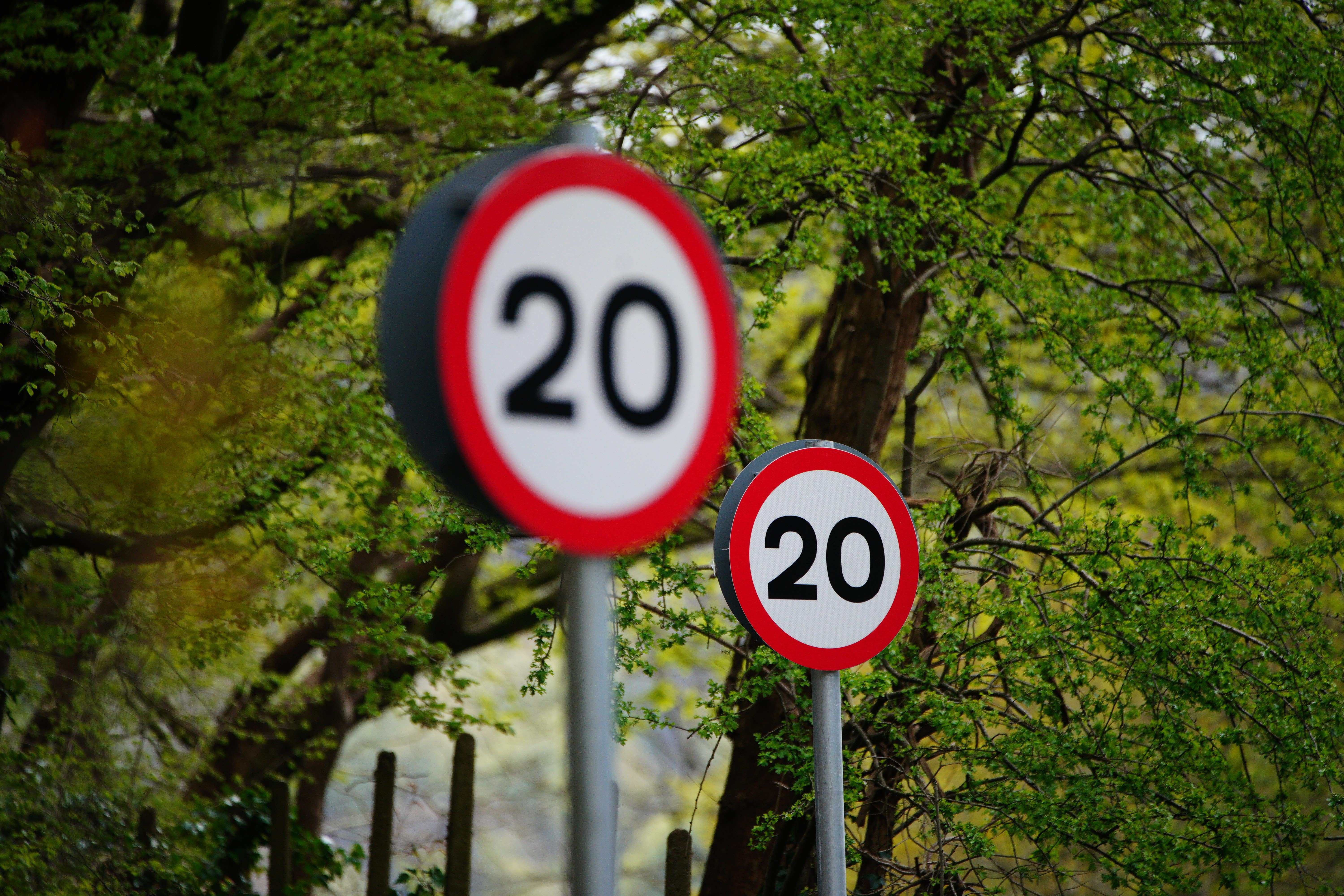Wales’s 20mph speed limits force cycle race to change route
The race’s finish has also been moved from Nantgaredig, Carmarthenshire.

Your support helps us to tell the story
From reproductive rights to climate change to Big Tech, The Independent is on the ground when the story is developing. Whether it's investigating the financials of Elon Musk's pro-Trump PAC or producing our latest documentary, 'The A Word', which shines a light on the American women fighting for reproductive rights, we know how important it is to parse out the facts from the messaging.
At such a critical moment in US history, we need reporters on the ground. Your donation allows us to keep sending journalists to speak to both sides of the story.
The Independent is trusted by Americans across the entire political spectrum. And unlike many other quality news outlets, we choose not to lock Americans out of our reporting and analysis with paywalls. We believe quality journalism should be available to everyone, paid for by those who can afford it.
Your support makes all the difference.A cycle race has been shortened and rerouted because of the introduction of the 20mph default speed limit across Wales, organisers said.
Three of the five stages of the Junior Tour of Wales, which starts on Friday, have been changed as support vehicles would not be able to keep up with the riders without breaking the limit.
The race finish has been moved from Nantgaredig, Carmarthenshire, the home of three-time Olympic cycling medallist Emma Finucane.
We now have a safer Wales that over time will help develop the confidence for more people to participate in cycling
Robbie George, director of development and events for Beicio Cymru, said: “Broadly speaking, the default speed is a positive – proven in the reduction in road casualties and insurance claims as a result.
“We now have a safer Wales that over time will help develop the confidence for more people to participate in cycling.
“For racing though, it’s challenging. Beicio Cymru and associates have been trying to resolve the impact on racing for two years, right down to the last minute, but it was not possible.”
Mr George said organisers had asked for temporary road orders to ensure the riders and convoy could maintain speeds through 20mph sections but were unable to secure them.
“Whilst some will recognise that cyclists cannot be prosecuted for speeding, we still have a convoy of vehicles to manage and we also have no benchmark for what happens if an incident happens within a 20mph zone,” he said.
It is not as black and white as just about the limits, especially when 20mph zones are not all the same
“We make decisions to protect riders, organisers, ourselves and cycling in general.
“It is not as black and white as just about the limits, especially when 20mph zones are not all the same.
“Some sections, uphill, the speed limit will not be exceeded and is therefore not an issue; other sections that are downhill may see riders doubling the speed limit.”
The Junior Tour of Wales is an annual race which started in 1981 and participants have included former Tour de France champion Geraint Thomas and double mountain bike gold medallist Tom Pidcock.
A total of 100 riders will start the race in Brynmawr, Blaenau Gwent, on Friday and head through Powys and Pembrey Country Park in Carmarthenshire over the weekend.
The race concludes with a final stage through Monmouthshire on Monday.
In September last year Wales became the first country in the UK to drop the default speed limit from 30mph to 20mph in built-up areas.
A petition against the law, on the Welsh Parliament webpage, was signed by nearly 470,000 people.
The Welsh Government says cutting the speed limit will protect lives and save the NHS in Wales £92 million a year.
It predicts the change will save up to 100 lives and 20,000 casualties in the first decade.
Not all 30mph roads will see speed limits reduced as councils have the power to exempt certain routes.
The project is costing around £33 million to implement and has proven controversial, with reports of the new 20mph signs being defaced in areas including Conwy, Gwynedd, Newport, Torfaen, Wrexham and Flintshire.
The Welsh Conservatives opposed the scheme and cited Welsh Government documents estimating the cost to the Welsh economy of increased journey times at anywhere between £2.7 billion and £8.9 billion.
A Welsh Government spokesman said: “The priority for any race is always to ensure that it is safe for all participants and other road users in accordance with police/highway authority requirements.
“The introduction of 20mph does not change this position.
“We have worked with the race organisers to develop various options to ensure the race can go ahead.”